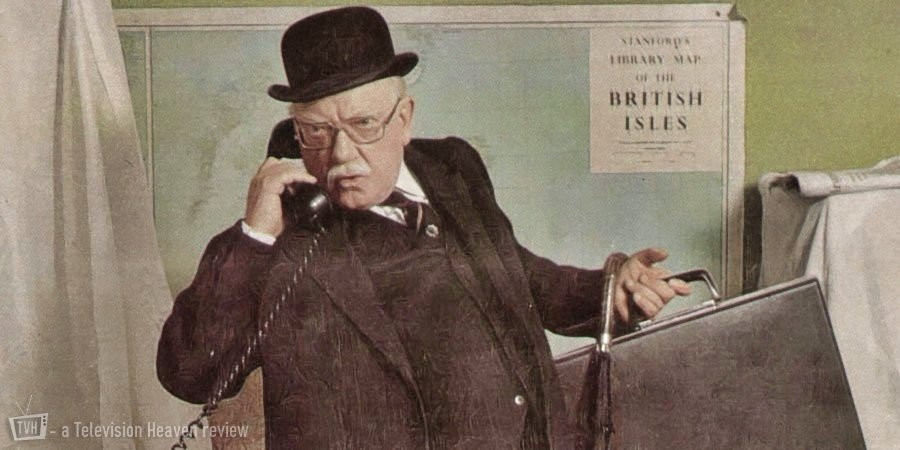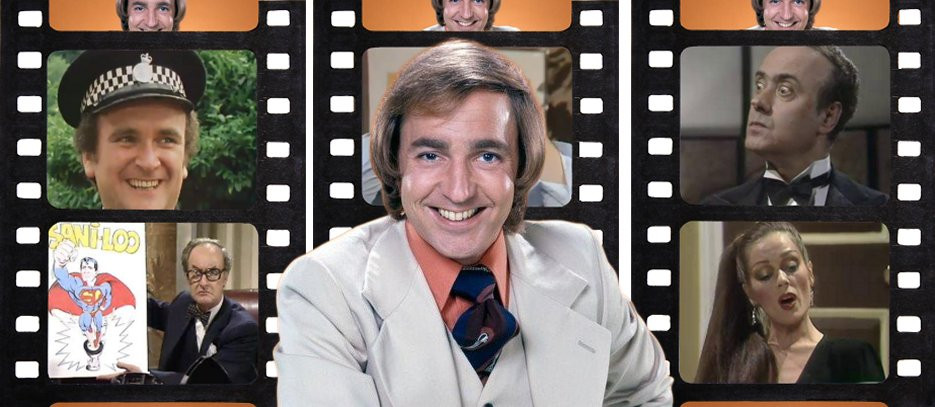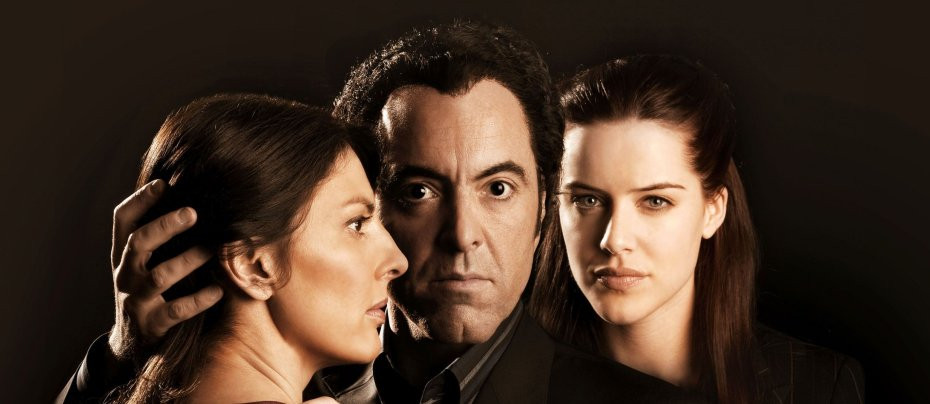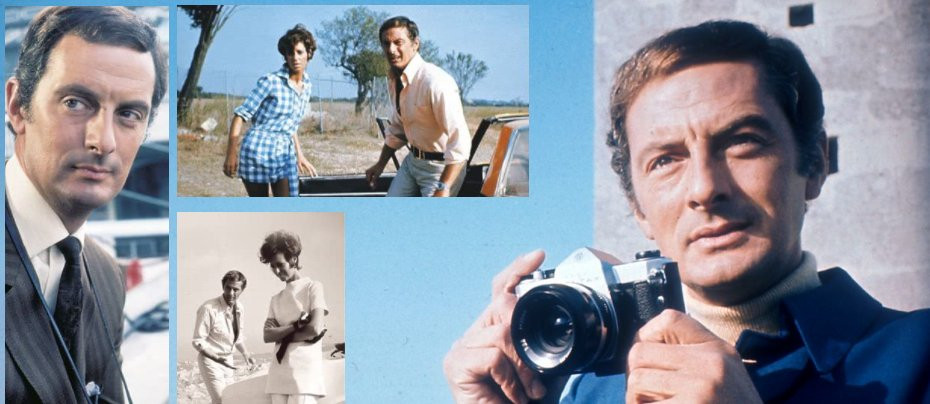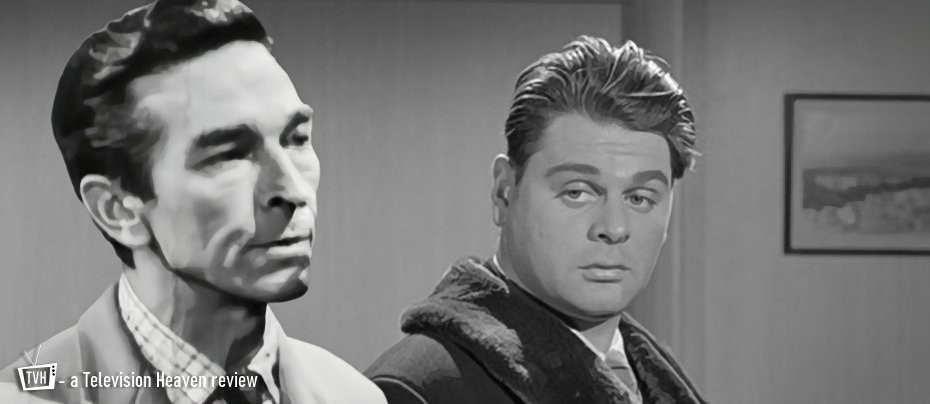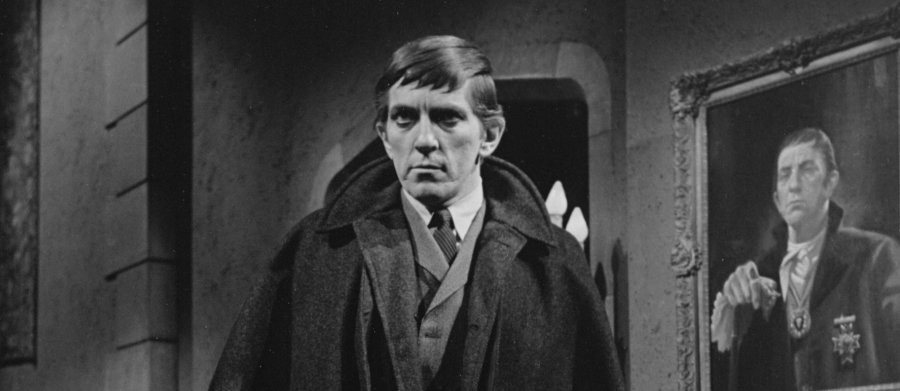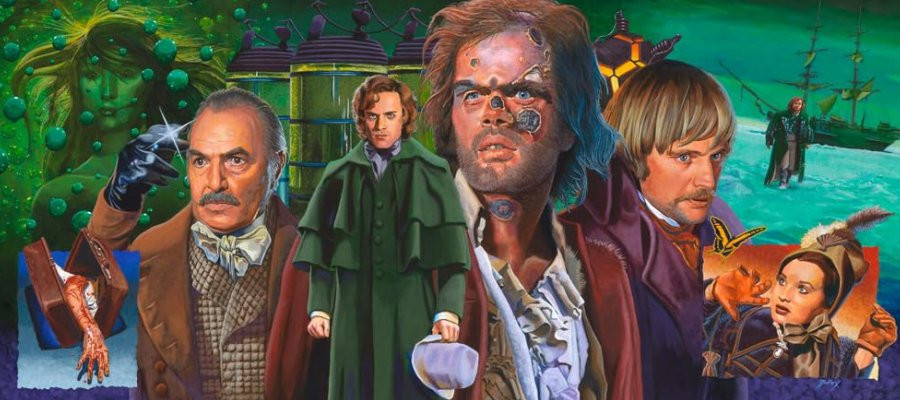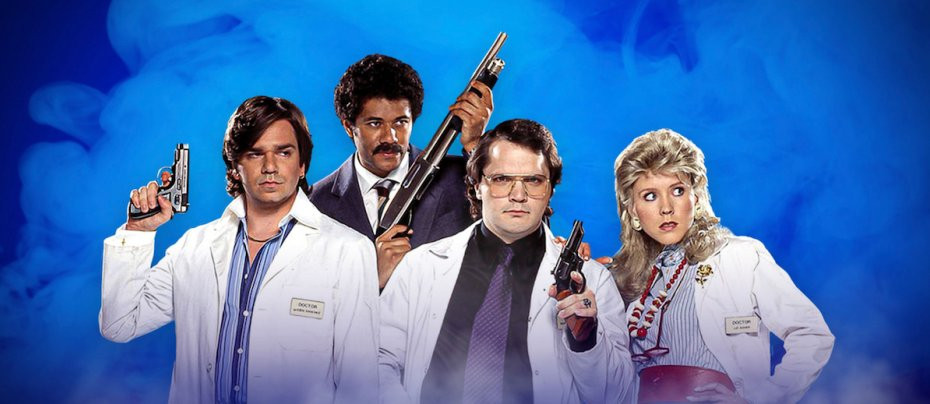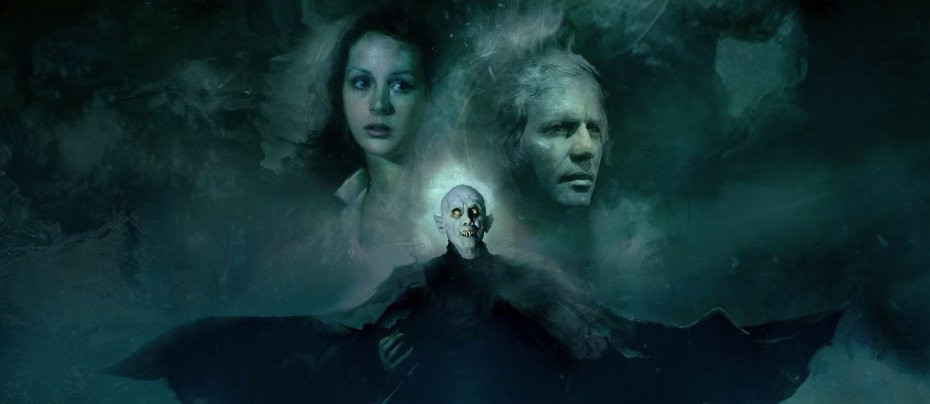
Salem's Lot
1979 - United StatesIn Salem's Lot, Stephen King weaves a chilling tapestry of horror, suspense, and the supernatural, plunging readers into a nightmare that begins when Ben Mears, a haunted writer, returns to the town of Jerusalem's Lot in Maine. Drawn back to his childhood home, Ben intends to confront his fears by writing about the sinister Marsten House, a decaying mansion perched like a vulture above the town. But what he uncovers is far more terrifying than he imagined. The town is falling under the shadow of ancient evil, led by the malevolent vampire Kurt Barlow. As darkness tightens its grip, Ben joins forces with a dwindling group of survivors, their numbers thinning as the vampires claim victim after victim. Each breath becomes a desperate struggle, each ally lost a blow to their fading hope, as they battle to save what remains of the town before it is swallowed by an insatiable hunger for blood.
The 1979 miniseries is a compelling example of a made-for-TV horror adaptation that has garnered cult status over the decades. Spanning nearly three hours and originally broadcast in two parts, it presents a faithful yet atmospheric retelling of King's vision of terror invading small-town America. Despite its dated special effects and some pacing issues, Salem's Lot remains one of the most effective portrayals of slow-burn horror on television, blending traditional vampire lore with the kind of creeping dread that King does so well in his books.
The first half devotes a lot of time to setting up characters and the town’s dynamics; Ben starting a romantic relationship with Susan Norton (Bonnie Bedelia - Parenthood), a young college graduate with ambitions of leaving town. While this slower build does eventually pay off in the second half when the horror begins to escalate, some modern viewers might find the exposition-heavy early episodes a bit tedious. Even with these minor flaws, Salem’s Lot excels in capturing the creeping, suffocating horror that King imbued in his novel. The vampires are terrifying not just because of what they are, but because of what they represent—the loss of identity and soul that comes with succumbing to the darkness.
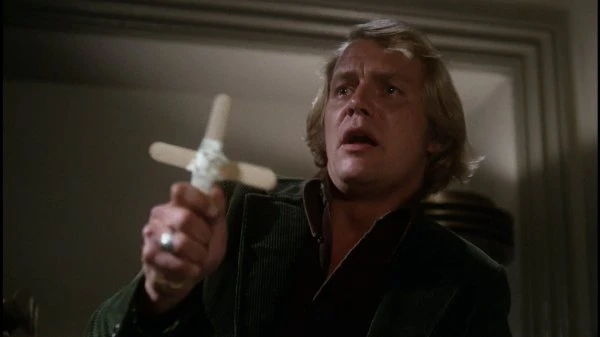
David Soul, known for his role in Starsky and Hutch, brings a grounded, likeable quality to Ben Mears. Though not as intense as the character in King's novel, Soul’s portrayal gives viewers a relatable protagonist to root for. James Mason (A Star is Born) as the charming but malevolent Richard Straker is easily the highlight of the series. His presence exudes menace without ever needing to raise his voice, crafting one of the more memorable and nuanced villains in TV horror.
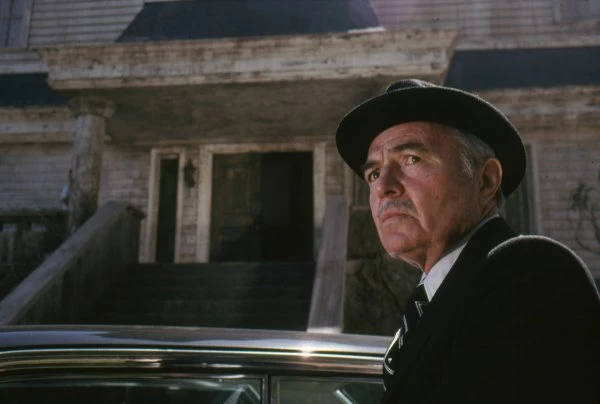
Mason’s refined, almost aristocratic aura stands in stark contrast to Barlow, his vampiric master, who is presented as a ghastly, almost Nosferatu-like creature. Reggie Nalder's Barlow is more monster than man, a departure from King’s original depiction of Barlow as a cunning, more human-like vampire. While this choice may divide fans of the novel, it works effectively in the context of the miniseries, giving the show a true figure of nightmare horror.
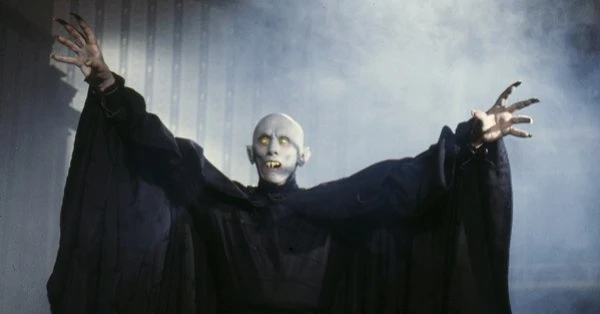
Director Tobe Hooper, known for his work on The Texas Chain Saw Massacre, takes a restrained approach here. Rather than relying on relentless jump scares or gore, he builds tension through atmosphere and pacing. The town of Salem’s Lot feels like a living character, with its idyllic appearance slowly unravelling as darkness seeps into its quiet streets. Hooper’s decision to use practical effects and lighting to enhance the horror is notable, especially given the constraints of 1970s television. The iconic scene where young Ralphie Glick floats outside his brother’s window, shrouded in fog, is a prime example of how the series uses simple effects to create a genuinely unsettling moment. It’s one of the most chilling images in TV horror history and speaks to the power of mood over spectacle.
Salem’s Lot remains a seminal piece of horror television, offering a masterclass in how to blend psychological dread with supernatural horror, making it a must-watch for Stephen King fans and lovers of classic horror alike.
Seen this show? How do you rate it?
Seen this show? How do you rate it?
Published on October 22nd, 2024. Written by Laurence Marcus for Television Heaven.


